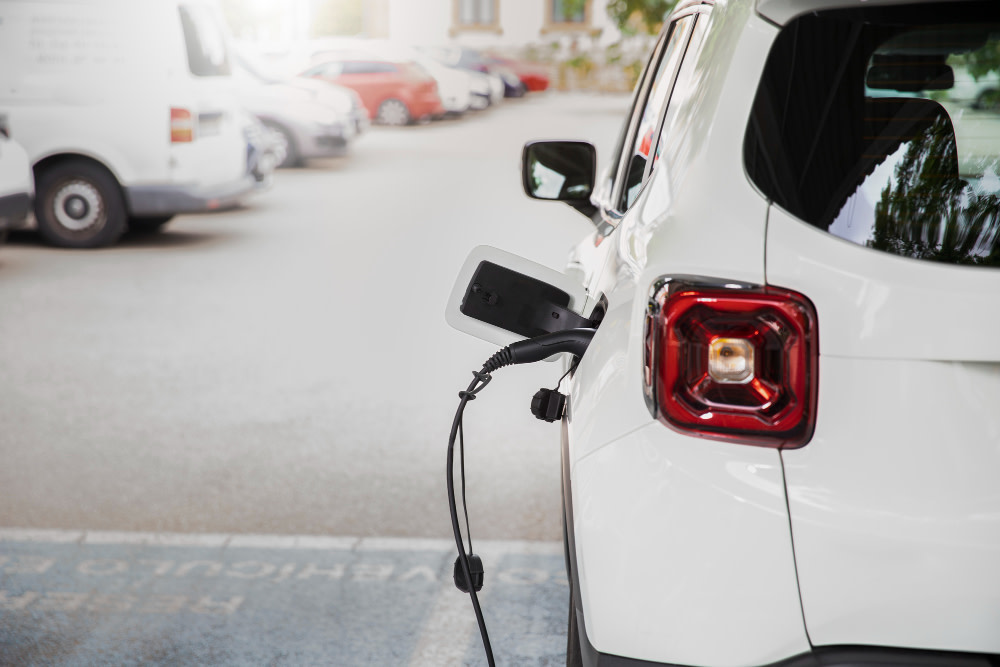Europe's Lagging EV Charging: EY-Parthenon Report

A recent report by EY-Parthenon highlights the pressing need for Europe's charging infrastructure to expand significantly to accommodate the surging demand from electric vehicle (EV) drivers.
To achieve ambitious targets for EV adoption, effective collaboration among investors, charge point operators, and car manufacturers is crucial to enhancing the charging options available for EV drivers.
The European EV market has experienced exponential growth in recent years, particularly in countries like Sweden, Germany, and the Netherlands.
It is projected that electric-powered vehicles will make up around half of all vehicles on European roads by 2035. However, despite the increasing sales of EVs, the infrastructure necessary for their widespread adoption is lagging.
The EY-Parthenon report reveals that the charging infrastructure is expected to fall short compared to the production of EVs, despite the agreement among European Union member states to significantly increase the number of charging points.
Finland, Cyprus, and Sweden are among the countries with a high ratio of EVs to public charge points, indicating a greater number of EVs on the road per available charging point.
However, there is considerable variation in this ratio across countries. Sweden, for instance, has 13.6 EVs per charging point, while Italy and Malta have fewer than 4 EVs per public charge point, making it easier for drivers in these countries to find a charging spot.
Additionally, the accessibility of charging stations is not solely based on their quantity but also on their quality, including charging speeds. Europe exhibits significant variation in charging speeds, with the Netherlands predominantly offering fast charging stations, France having a relatively equal split between fast and slow charging, and the UK primarily featuring slow charging stations. Ultra-fast charging stations remain uncommon in most parts of Europe.
A report from the European Federation for Transport and Environment emphasises the need for more concerted efforts to ensure seamless and reliable charging infrastructure within and across countries.
The deployment of charging facilities should be evenly distributed throughout Europe to provide all Europeans with equal opportunities to transition to zero-emission mobility.
This becomes increasingly important as climate change takes centre stage on the EU agenda, and green mobility plays a vital role in meeting climate goals such as the Paris Agreement. Among the EU targets for green mobility is the ambitious objective of completely phasing out the sale of CO2-emitting cars and vans by 2035.
Source: Consultancy.uk

